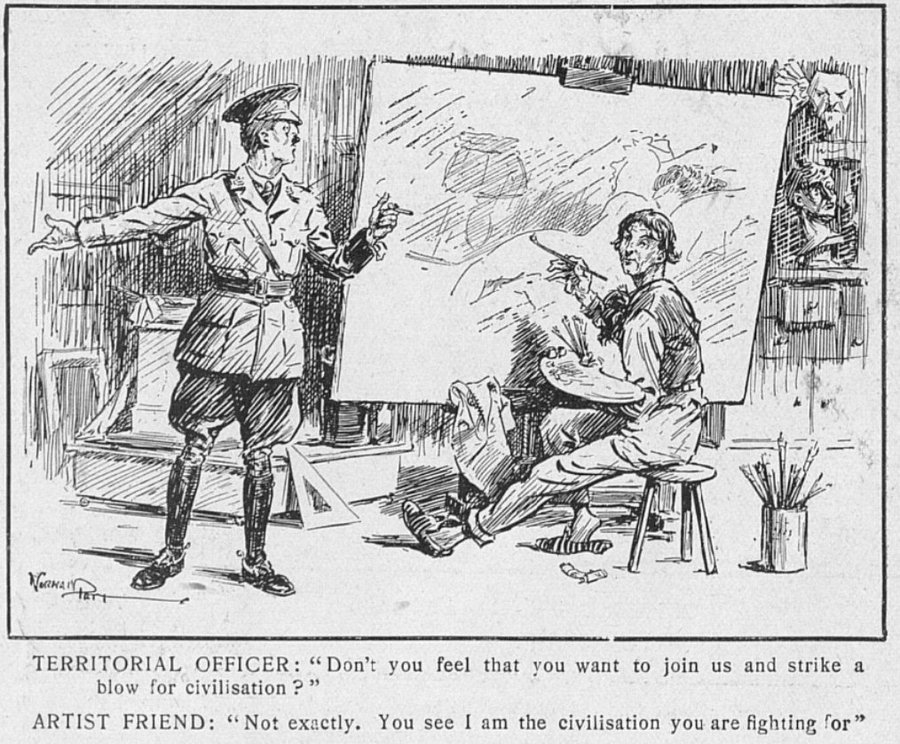Dorothy Parker? The Virginia Spectator? The Daily Standard of Sikeston, Missouri? Alexander Woollcott? Anonymous?
Question for Quote Investigator: Dorothy Parker was famous for her coruscating wit, and she once employed a notoriously bawdy pun based on the word horticulture. Was she responsible for originating this pun?
Reply from Quote Investigator: There is substantive evidence that Dorothy Parker created the horticulture pun while she was participating in a word game at a party. She may have spoken it during a meeting of the famed Algonquin Round Table. These gatherings were held regularly by a group of columnists, playwrights, actors and other bright individuals at lunch within the Algonquin Hotel in New York City between roughly 1919 and 1929.
The earliest evidence, however, appeared several years later in 1935 in the widely-syndicated column of Walter Winchell. The actual pun was too taboo to print in a newspaper in the 1930s; hence, Winchell’s comment was curiously cryptic. Boldface has been added to excerpts:1
Dorothy Parker can make up a sentence containing the word “Horticulture,” but hardly here.
A month later another gossip columnist named Harrison Carroll printed an elliptical comment that also linked Parker to the pun without sharing with readers the details of the witticism:2
What was Dorothy Parker’s priceless offering when the gang at the James Gleason party were playing one of those “make a sentence with a word” games and someone suggested “horticulture”?
Special thanks to top researcher Bill Mullins who located the two citations given above.
The earliest account presenting a full version of Parker’s remark that QI has located was published in 1962 in a magazine of arts and literature called “Horizon”. An article by the prominent drama critic John Mason Brown referred to two puns. The first quip was based on the word “meretricious”, and an exploration of its provenance is available in another entry here. The second jest was ascribed to Parker:3
Frank Adams’s solving the problem of building a sentence around “meretricious” with “Meretricious ‘n’ a Happy New Year,” and Mrs. Parker’s solving the same problem with “horticulture” by coming up with “You may lead a whore to culture but you can’t make her think”—these and a hundred others of their kind may by now have become enfeebled by familiarity. But they were born of a moment, and meant for that moment, and at that moment they were triumphant.
In addition to wordplay with “horticulture” Parker cleverly refashioned a very old English proverb about stubbornness: You may lead a horse to water, but you can’t make him drink. As noted previously, when Parker delivered her joke it was too racy to be reprinted in contemporaneous books or periodicals published for a wide audience.
Interestingly, the first full instance of the pun known to QI was printed in 1952 embedded within a different sentence in a student periodical at the University of Virginia. The joke was not credited to Parker; details are given further below. Social mores have changed over the decades, and in 1990s protesters argued that the jest was insulting to sex workers.
Here are additional selected citations in chronological order.
Continue reading “Quote Origin: Make a Sentence Using the Word Horticulture”